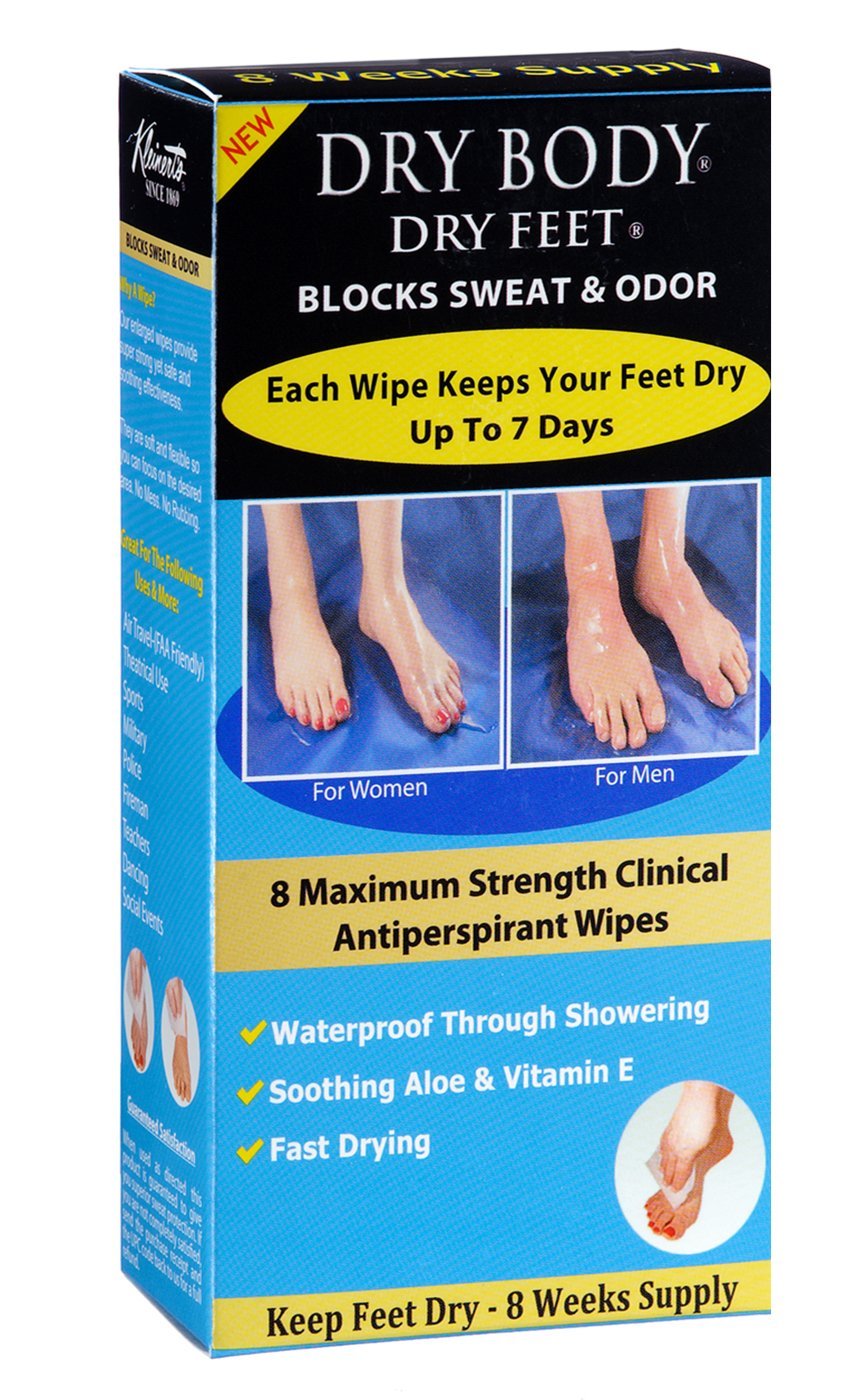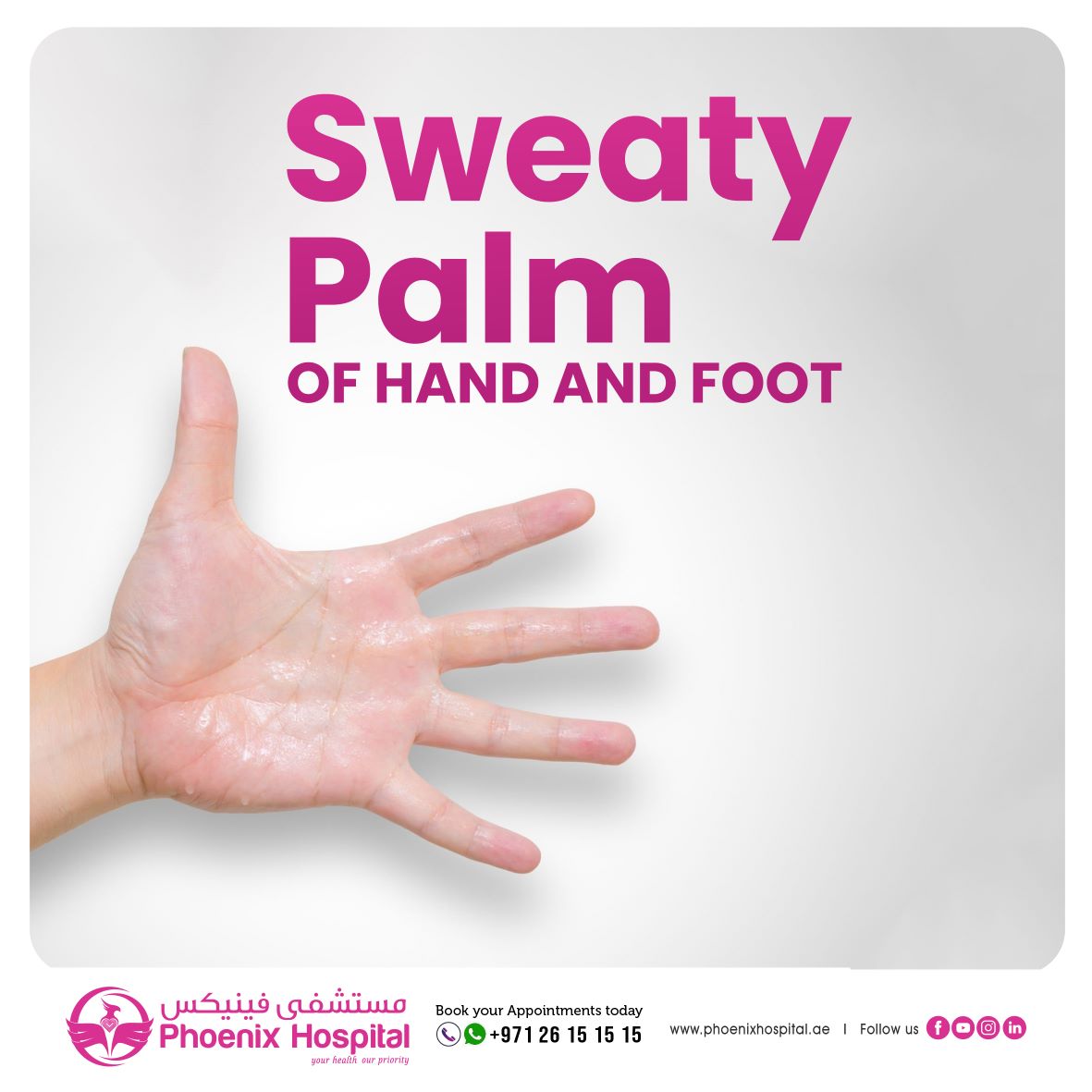Comprehending Excessive Sweating: Dermatology Insights on How to Stop Sweaty Hands
Comprehending the Origin of Excessive Sweating and Its Effect On Daily Life
Extreme sweating, likewise known as hyperhidrosis, is a problem that affects a significant portion of the populace, yet its hidden reasons and ramifications on day-to-day functioning stay somewhat enigmatic. While it is frequently recognized as a physiological feedback to regulate body temperature level, the triggers for too much sweating can differ widely among people, incorporating not just physical variables yet likewise emotional and psychological elements. In addition, the impact of this condition extends beyond mere pain, commonly affecting social communications and general top quality of life. By diving into the root creates of hyperhidrosis and exploring its complex impacts, a much deeper understanding of this pervasive issue can be obtained, clarifying the complexities that people coming to grips with too much sweating navigate on a daily basis.
Physiology of Sweat Glands
The guideline of sweat manufacturing, an essential physiological process, is mainly controlled by the task of sweat glands distributed throughout the human body. Gland are classified right into 2 major kinds: eccrine and apocrine glands. Eccrine glands are the most various and are discovered in virtually all areas of the body. They play an essential role in thermoregulation by secreting a watery fluid onto the skin's surface, which assists and vaporizes cool the body down. On the other hand, apocrine glands are concentrated in locations abundant in hair follicles, such as the armpits and groin, and their secretions are thicker and milklike in look.
When the body temperature increases, either due to exercise, heats, or psychological stress, the worried system triggers the sweat glands to produce sweat. This sweat is composed mainly of water and electrolytes like salt and chloride. The process of sweat production is necessary for preserving the body's interior temperature within a narrow, ideal variety, highlighting the essential function gland play in human physiology.
Triggers for Excessive Sweating
In understanding the source of extreme sweating, it is important to identify the triggers that can bring about this physiological response. Excessive sweating, additionally referred to as hyperhidrosis, can be motivated by different aspects, both physiological and environmental. One usual trigger is psychological tension or stress and anxiety, which can boost the body's sweat glands to produce even more sweat than is necessary for cooling. Physical effort, heats, and spicy foods are additionally understood to set off extreme sweating in individuals prone to this condition. Furthermore, certain clinical problems like diabetes, hyperthyroidism, or menopause can contribute to too much sweating as well.
In addition, medications such as some antidepressants, opioids, and specific supplements can likewise function as triggers for hyperhidrosis. Understanding these triggers is vital in managing extreme sweating effectively - Treatment for hyperhydrosis of hands. By determining and dealing with the specific triggers that prompt extreme sweating in an individual, doctor can develop customized treatment plans to alleviate this problem and enhance the individual's high quality of life
Medical Issue Associated
Connected with extreme sweating are numerous medical conditions that can exacerbate this physical action. One usual condition is hyperhidrosis, a disorder identified by abnormally raised sweating that goes beyond the body's thermoregulatory requirements. This can materialize in focal areas like the palms, soles, underarms, or face, impacting an individual's lifestyle because of social embarrassment and discomfort.
Furthermore, endocrine conditions such as hyperthyroidism, diabetic issues, and menopausal warm flashes can likewise lead to too much sweating. Hyperthyroidism triggers an overproduction of thyroid hormones, speeding up metabolic process and activating sweating.
Additionally, infections like endocarditis, tuberculosis, and hiv have been connected with night sweats, an usual signs and symptom known to interrupt sleep and influence overall well-being. These clinical conditions highlight the varied series of underlying factors that can contribute to extreme sweating, demanding detailed analysis and monitoring by medical care experts.
Mental and psychological Factors

Impact on Social Interactions
Extreme sweating can have extensive results on a person's ability to involve conveniently in social interactions. The noticeable indicators of sweat discolorations or damp spots on apparel can lead to shame and self-consciousness, creating individuals to take out from social situations. This withdrawal can affect relationships, restriction social activities, and prevent professional and personal development.

In addition, the anxiousness and self-worth problems originating from too much sweating can influence interaction and social skills. People may struggle to concentrate on discussions, join team activities, or reveal themselves with confidence. This can cause feelings of seclusion and solitude, as social connections become testing to keep.
Conclusion

While it is typically comprehended as a physiological feedback to manage body temperature, the triggers for excessive sweating can differ extensively amongst people, incorporating not only physical elements but psychological and also psychological components. By delving right into the origin triggers of hyperhidrosis and discovering its complex impacts, a deeper understanding of this prevalent problem can be acquired, dropping light on the complexities that people grappling with extreme sweating navigate on a day-to-day basis.
Physical effort, high temperatures, and spicy foods are additionally known to cause extreme sweating in people susceptible to this problem. By identifying and attending to the particular triggers that motivate extreme sweating in an individual, health care service providers can create customized therapy plans to reduce this problem and improve the individual's top quality of life.
Excessive sweating can have extensive results on an individual's capacity to involve comfortably in social communications.